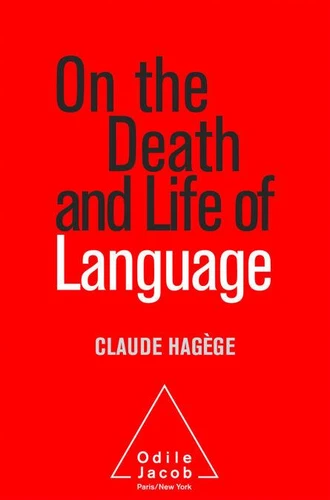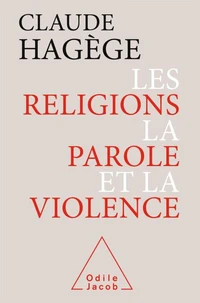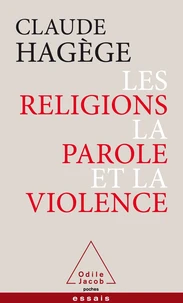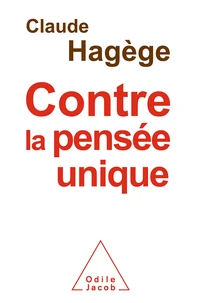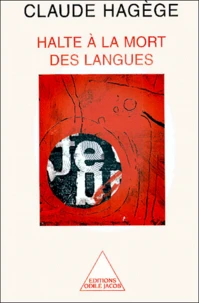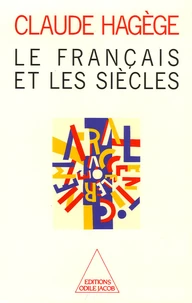Linguiste, professeur au Collège de France.
On the Death and Life of Language
Par :Formats :
Disponible dans votre compte client Decitre ou Furet du Nord dès validation de votre commande. Le format ePub protégé est :
- Compatible avec une lecture sur My Vivlio (smartphone, tablette, ordinateur)
- Compatible avec une lecture sur liseuses Vivlio
- Pour les liseuses autres que Vivlio, vous devez utiliser le logiciel Adobe Digital Edition. Non compatible avec la lecture sur les liseuses Kindle, Remarkable et Sony
- Non compatible avec un achat hors France métropolitaine
 , qui est-ce ?
, qui est-ce ?Notre partenaire de plateforme de lecture numérique où vous retrouverez l'ensemble de vos ebooks gratuitement
Pour en savoir plus sur nos ebooks, consultez notre aide en ligne ici
- FormatePub
- ISBN978-2-7381-4757-8
- EAN9782738147578
- Date de parution02/01/2019
- Protection num.Adobe & CARE
- Infos supplémentairesepub
- ÉditeurOdile Jacob
Résumé
"Do people know that on average around 25 languages die every year? In one hundred years, if nothing has changed, half of all languages will be dead. At the end of the Twenty-first Century, there should therefore remain around 2, 500, and probably many fewerif we take into account a very possible acceleration of the rate of disappearance. Granted, like civilizations, languages are mortal, and the chasm of history is big enough for them all.
However, there is something completely unique, and exalting, about the death of languages, when we become aware of it: languages can be resurrected! But this requires vigilance, without which all are threatened, including French." C. H. Claude Hagège is a recipient of the CNRS Gold Medal, and professor at the Collège de France. He is the author of L'Enfant aux deux langues, Le Français et les siècles, both huge best-sellers.
However, there is something completely unique, and exalting, about the death of languages, when we become aware of it: languages can be resurrected! But this requires vigilance, without which all are threatened, including French." C. H. Claude Hagège is a recipient of the CNRS Gold Medal, and professor at the Collège de France. He is the author of L'Enfant aux deux langues, Le Français et les siècles, both huge best-sellers.
"Do people know that on average around 25 languages die every year? In one hundred years, if nothing has changed, half of all languages will be dead. At the end of the Twenty-first Century, there should therefore remain around 2, 500, and probably many fewerif we take into account a very possible acceleration of the rate of disappearance. Granted, like civilizations, languages are mortal, and the chasm of history is big enough for them all.
However, there is something completely unique, and exalting, about the death of languages, when we become aware of it: languages can be resurrected! But this requires vigilance, without which all are threatened, including French." C. H. Claude Hagège is a recipient of the CNRS Gold Medal, and professor at the Collège de France. He is the author of L'Enfant aux deux langues, Le Français et les siècles, both huge best-sellers.
However, there is something completely unique, and exalting, about the death of languages, when we become aware of it: languages can be resurrected! But this requires vigilance, without which all are threatened, including French." C. H. Claude Hagège is a recipient of the CNRS Gold Medal, and professor at the Collège de France. He is the author of L'Enfant aux deux langues, Le Français et les siècles, both huge best-sellers.

